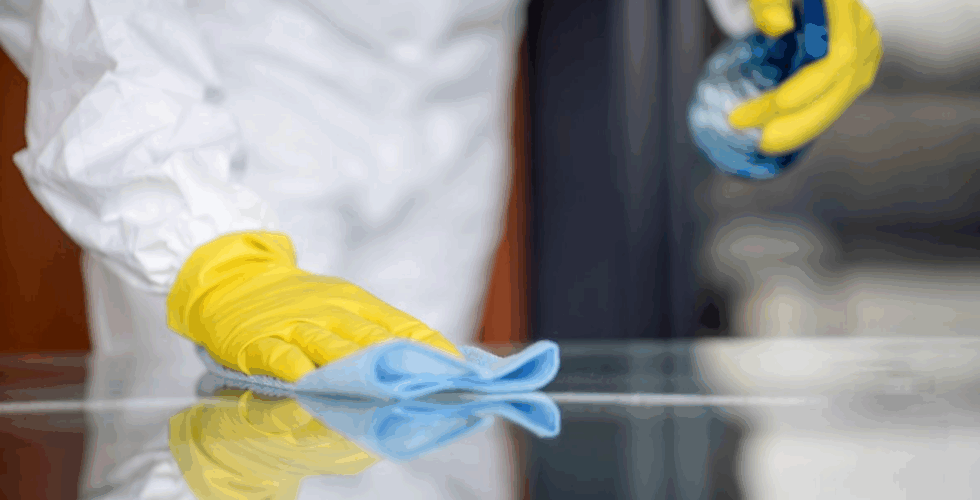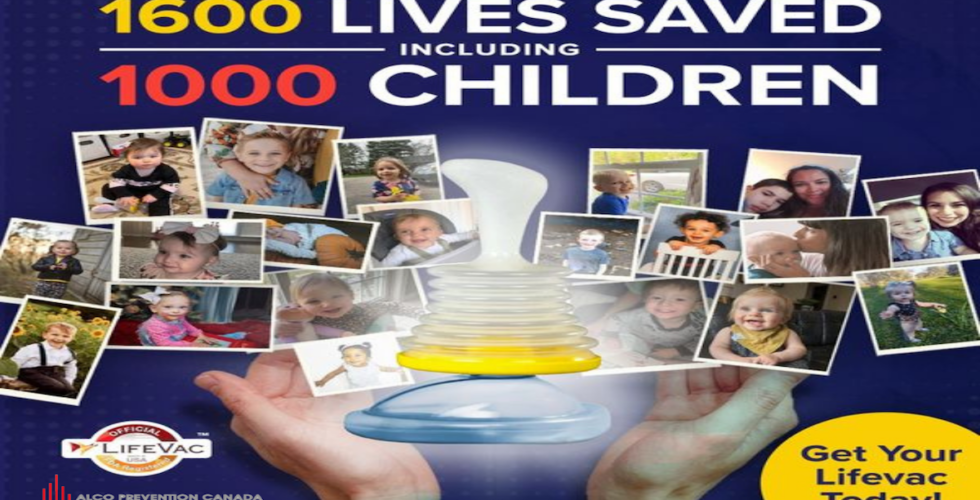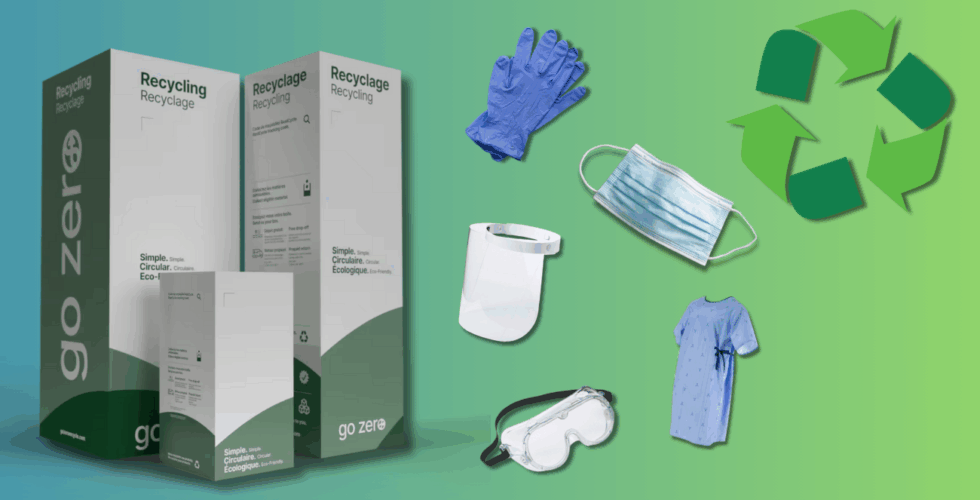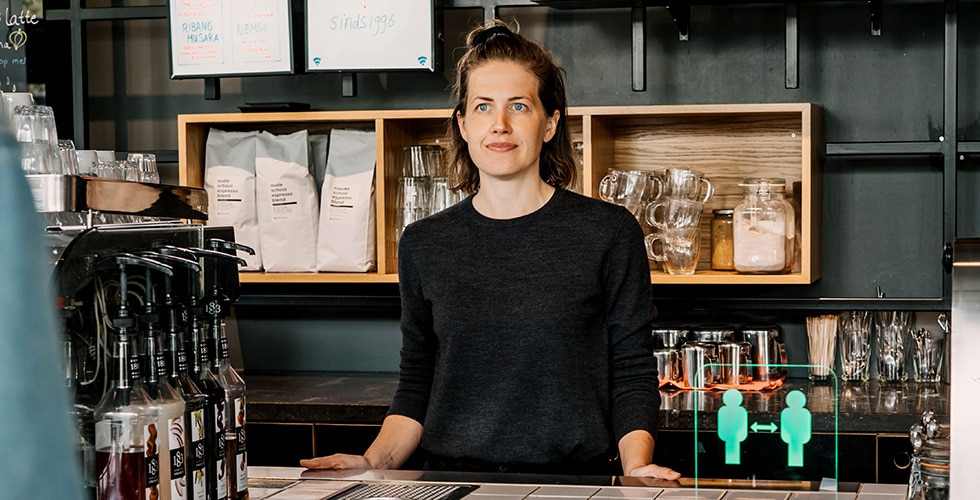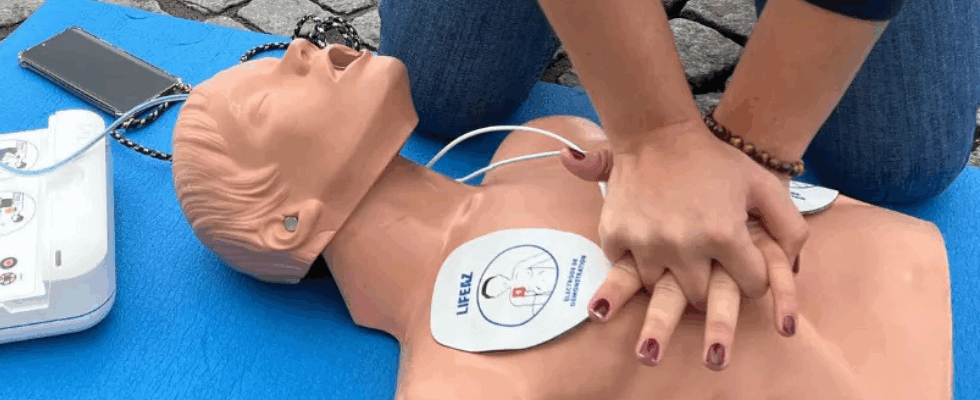5 Good Reasons to Use a Face Shield Instead of a Mask in Certain Work Environments
Workplace safety and health have become essential priorities for modern businesses. Since the pandemic, protective masks have become a basic reflex. But in several professional sectors, a simple mask is not enough. The face shield has therefore established itself as an indispensable alternative or complementary piece of equipment.
1. Face shield: definition and professional uses
A face shield is a transparent screen that covers the face, from the forehead down to the chin. It protects not only the nose and mouth but also the eyes, which are particularly exposed to splashes and projections.
Differences with masks
- Level 1, Level 2, and Level 3 masks: designed for medical environments or close-contact situations.
- KN95 and N95 masks: filter inhaled air, protecting against fine particles and viruses. Recommended in high-risk environments such as hospitals, laboratories, and industrial settings.
- Face shields: block direct splashes and protect a larger surface of the face.
Recommended uses
Face shields are commonly used in:
- Laboratories
- Hospitals and clinics
- The food and pharmaceutical industries
- Factories and production workshops
2. First good reason: broader face protection
Unlike a mask, which only covers the mouth and nose, the face shield protects the entire face. It acts as a barrier against:
- Liquid splashes
- Chemical projections
- Respiratory droplets
Concrete example
A laboratory technician handling biological samples benefits from greater safety with a shield, since their eyes and facial skin are also protected.
3. Second good reason: comfort and better communication
Masks can sometimes cause feelings of suffocation, heat, or auditory discomfort for certain people. The face shield, on the other hand, provides greater comfort:
- No fogging on glasses
- Clear visibility and visible facial expressions
- Easier communication with colleagues or customers
Concrete example
A teacher or business consultant can continue interacting without a visual barrier. The shield allows them to smile, articulate clearly, and build trust.
4. Third good reason: reusable and cost-effective in the long run
Masks, even high-quality ones like KN95 or N95, are limited-use. They must be replaced regularly, generating recurring costs for businesses.
In contrast, a face shield can be:
- Cleaned with disinfectant products
- Reused multiple times
- More cost-effective for organizations seeking to optimize their PPE budget
Example with numbers
An SME with 50 employees relying only on disposable masks could spend several thousand dollars per year. By combining Level 1 masks for everyday use with reusable shields, costs are reduced while safety is increased.
5. Fourth good reason: a complementary solution to masks
It is important to note that the face shield does not always replace the mask. In many environments, the combination of both provides optimal protection.
When to use only a shield?
- In environments where risks are mainly splashes, but particle inhalation risk is low.
- Example: certain food or research sectors.
When to use shield + mask?
- Hospitals or clinics
- Close interactions with clients
- High-risk industrial settings
6. Fifth good reason: adaptable to various industries
The face shield is versatile and adapts to different environments:
- Healthcare and social services: protection for caregivers against biological fluids.
- Food and pharmaceutical industries: prevention of cross-contamination.
- Education and training: clear communication with students.
- Retail and customer service: improved interaction with clients while maintaining a safety barrier.
7. Face shields vs. masks: advantages and limitations
It is important to understand the strengths and weaknesses of each option.
| Criteria | Face Shield | Masks (Level 1, 2, 3, KN95, N95) |
| Protected area | Full face (eyes, mouth, nose) | Nose and mouth only |
| Fine particle protection | Limited | High (especially KN95 and N95) |
| Reusable | Yes | No (single-use) |
| Comfort | High | Variable |
| Communication | Excellent | Limited |
8. How to choose the right face shield for your business?
Before purchasing a shield, consider:
- Plastic quality: transparent, anti-fog, and resistant
- Headband comfort: adjustable for long wear
- Durability: resistant to shocks and repeated cleaning
- Standards and certifications: proof of safety and compliance
At EPI Canada, several face shield models are available depending on your needs:
- Retractable face shields: lightweight and practical, they can be raised or lowered easily. Ideal for workers alternating between protection and quick visibility.
- Face shield for construction helmets: designed to fit safety helmets, perfect for construction and heavy industry.
- Standard personal face shield: versatile, comfortable, and suited to most professional environments.
- Custom face shield with your logo: combines safety with brand identity by displaying your company logo.
- CITY face shield for caps (MC): designed to attach to caps. Practical in sectors where helmets aren’t required, such as retail or services.
These options allow companies to choose the face shield best suited to their sector and specific needs.
9. Completing protection with the right masks
Face shields are effective, but even more powerful when combined with masks suited to the professional environment.
- Level 1 masks: everyday use in low-risk environments.
- Level 2 and level 3 masks: for medical staff and more demanding environments.
- KN95 masks: provide high particle filtration.
- N95 masks: hospital standard, excellent respiratory protection.
FAQ
1. Does the face shield completely replace the mask?
No. The shield does not filter inhaled air. It is effective against splashes and projections, but for maximum protection, it should be combined with a mask.
2. In which sectors is the shield mandatory or highly recommended?
Mainly healthcare, laboratories, food, and pharmaceutical industries.
3. How do you clean a face shield?
It should be cleaned with mild disinfectants after each use.
4. What is the difference between a reusable and disposable shield?
Disposable shields are designed for short use, while reusable ones offer durability and a better cost-benefit ratio.
5. Is it safe to use only a shield without a mask?
Yes, in specific low-risk environments. But in most cases, combining shield + mask is recommended.
Conclusion
The face shield is not just an alternative to masks: it is a real added value in many professional environments.
It provides:
- Broader face coverage
- Greater comfort and easier communication
- Long-term cost savings
- Complementarity with masks
- Adaptability across various industries
In short, the face shield enhances safety while optimizing costs and comfort. For companies aiming to effectively protect their employees, it is a strategic choice.
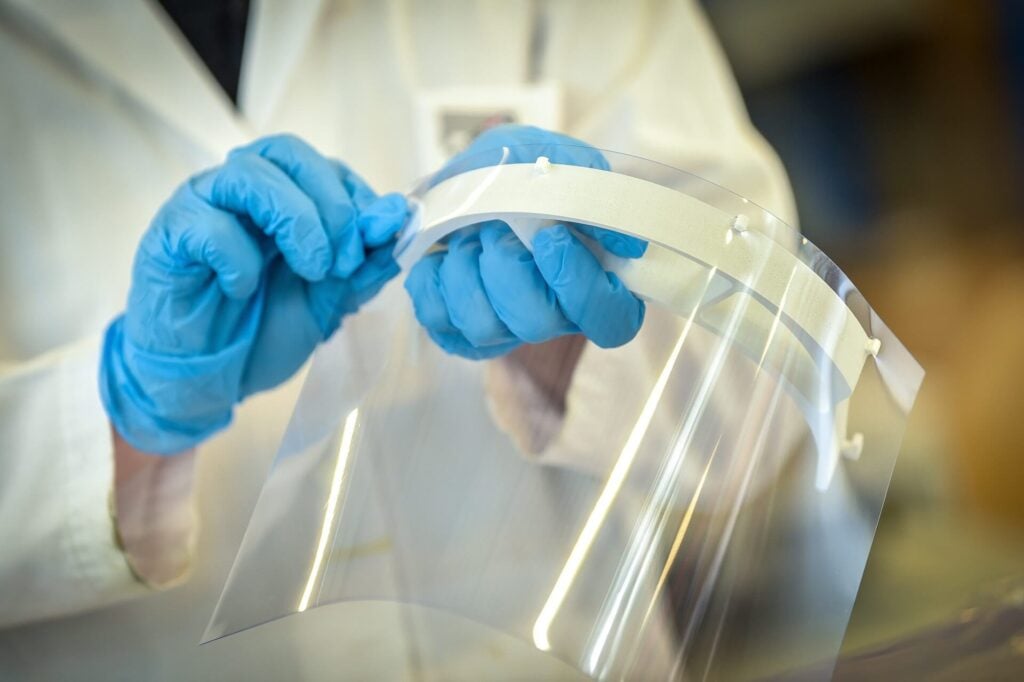
About Stéphane Maurais – Founder of Alco Prevention Canada
Since 1989, Stéphane Maurais has embodied passion, innovation, and determination in the service of road safety and the prevention of risks related to alcohol and drug use. Alongside his partner Ronald Chartrand—whose father tragically lost his life in a traffic accident in the 1970s—he founded Alco Prevention Canada, now recognized as a global leader in prevention solutions. These include certified single-use breathalyzers, electronic breath alcohol testers, drug screening tests, workplace health and safety programs, and event-based prevention tools.
Over a 36-year career, Stéphane Maurais has distributed millions of breathalyzers, helped save thousands of lives, and raised awareness among companies, government agencies, law enforcement, colleges, and universities around the world. He is also a pioneer in the fight against chemical submission, developing concrete tools to combat date rape drugs.
His commitment is unwavering:
“Every breath measured is a life protected. For 36 years, my mission has been simple: to save lives, one decision at a time.”
— Stéphane Maurais
Founder and President, Alco Prevention Canada



